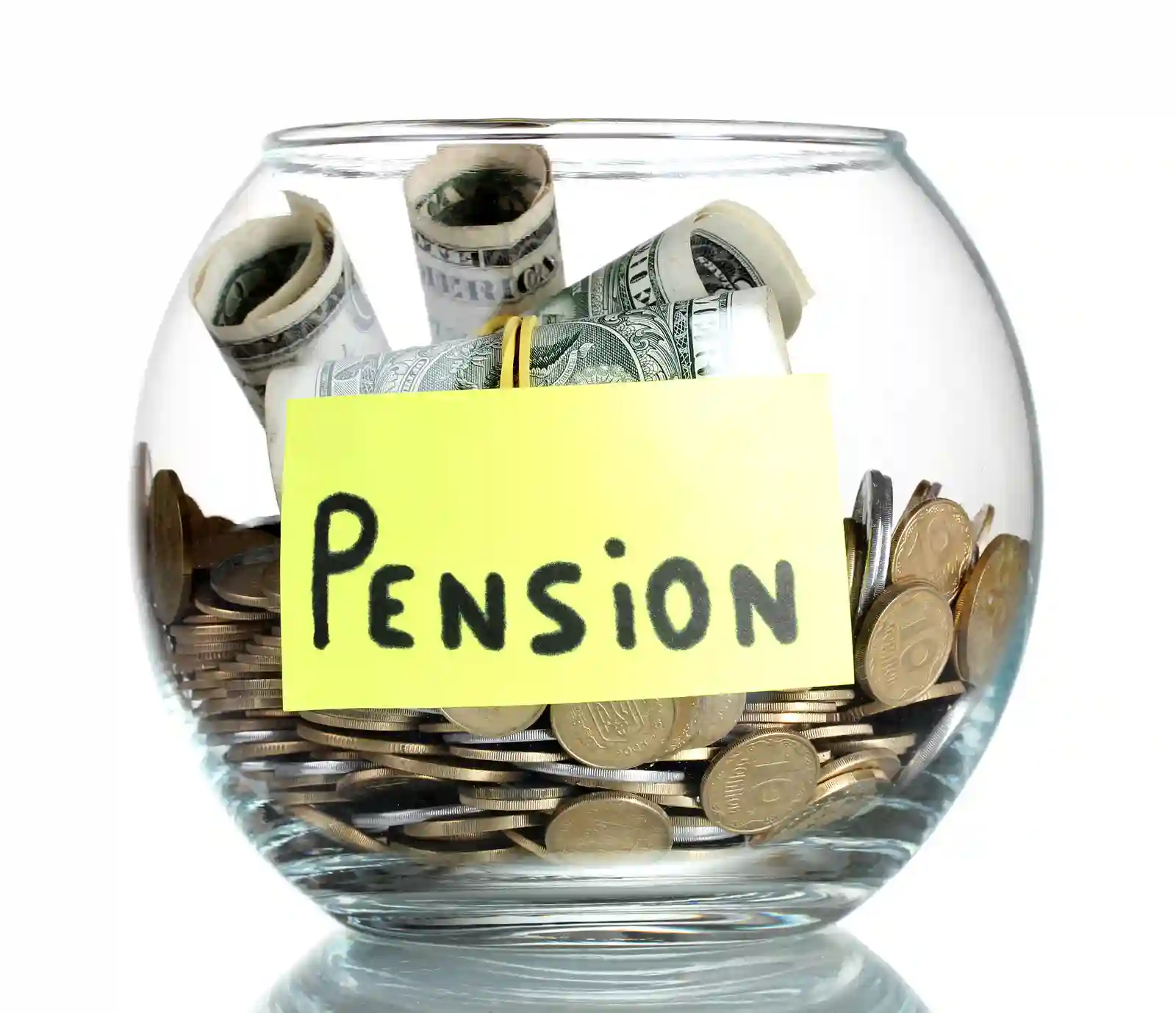The Zimbabwe Iron and Steel Company (Ziscosteel) has announced that it is working to help its former employees receive their pension pay-outs, but that the responsibility now lies with the government. This follows the investment of US$1.3 billion over three years by Kuvimba Mining House (KMH), which is working to revive the mothballed Redcliff-based steelworks. KMH, which has extensive mining interests in gold, nickel, chrome, and platinum and is backed by both private and state shareholding, has been revitalizing closed gold mines and won the tender to revive Ziscosteel ahead of six other bidders.
Ziscosteel’s former employees were left empty-handed over a decade ago when the giant steelworks collapsed in 2008. In an interview with NewZimbabwe.com, Ziscosteel CEO Farai Karonga stated that the issue of pay-outs is “basically not a ZISCO issue anymore.” He explained that the pensions were wiped out after being wholly converted to local currency through the government’s Exchange Control Directive RT120/2018. Karonga said that while Ziscosteel will assist the former employees as part of its corporate social responsibility, the issue is now a dispute and the former employees are going to parliament to correct it. He said:
Basically, because the Debt Assumption Act took over their debt, it’s basically a Ministry of Finance issue but we participate as a pension fund trusteeship.
We are there to assist them. The only hiccup that has happened is that initially their pensions were paid in USD and then there was a time the Exchange Control Directive came in and it wiped their pensions.
It’s now a dispute because they are not in agreement with that. They don’t want a valuation of their pensions.
We are helping them to make representations to parliament but it’s basically not a Ziscosteel issue anymore. But from a social responsibility perspective, we are part of the model to get them a fair deal.
Ziscosteel was the largest steelworks in Zimbabwe, employing about 5,500 people in the 1990s. Since then, the company has struggled to find a meaningful investor partly due to negative perceptions affecting the local economy, until last year when KMH expressed interest in the concern.

